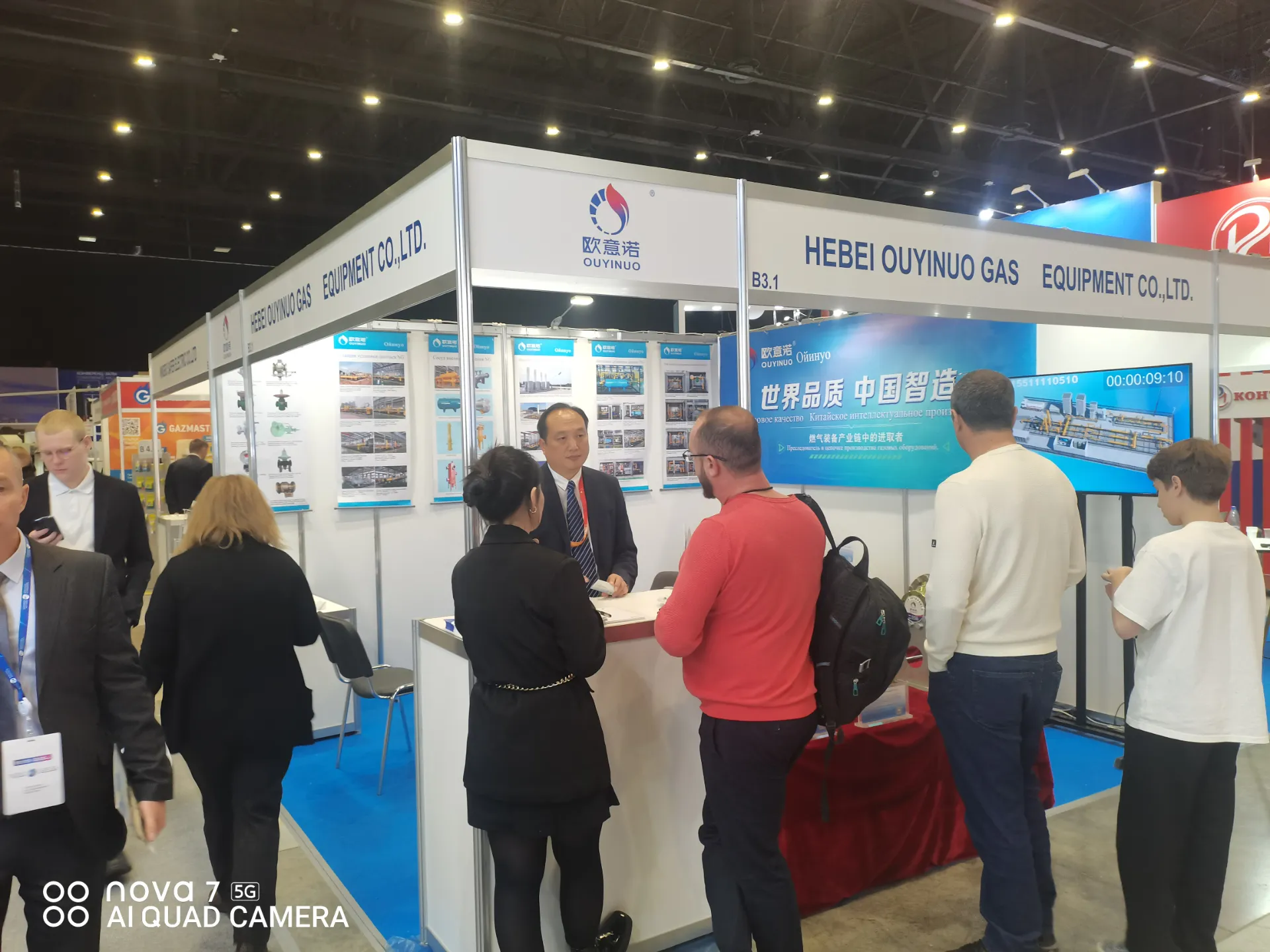
Oct . 05, 2024 06:20
Back to list
Gas Filtration Techniques for Enhanced Air Quality and Environmental Safety
Gas filtration is an essential process employed in various industries to remove particulate matter, gases, and other impurities from air or industrial emissions. The effectiveness of gas filtration is vital for maintaining environmental standards, ensuring workplace safety, and improving overall air quality. Filtration techniques have evolved dramatically over the years, driven by technological advancements and increasing awareness of environmental issues.
At its core, gas filtration works by passing air or gas through a medium that captures and retains unwanted particles and pollutants
. The most common types of filtration media include hepa filters, activated carbon, and electrostatic precipitators. Each of these media possesses unique properties that cater to specific filtration needs, effectively targeting large particles, volatile organic compounds (VOCs), and even microscopic pathogens.HEPA (High-Efficiency Particulate Air) filters are highly effective in capturing airborne particles, including dust, pollen, and mold spores. Their design allows them to trap at least 99.97% of particles that are 0.3 microns in diameter. This makes HEPA filters an ideal choice for applications in hospitals, laboratories, and cleanrooms, where maintaining sterile conditions is paramount.
Activated carbon filters, on the other hand, are primarily used for removing gases and odors. The porous structure of activated carbon allows it to adsorb toxic gases, heavy metals, and VOCs. This technology is particularly beneficial in industrial processes, waste management facilities, and indoor air quality applications, where organic compounds can significantly impact health and safety.
gas filtration

Electrostatic precipitators use high-voltage electrical fields to charge particles suspended in the gas stream, causing them to adhere to collection plates. This method is highly effective for controlling particulate emissions from power plants and industrial manufacturing, making it a popular choice for companies seeking to comply with strict environmental regulations.
The importance of gas filtration cannot be overstated. With growing concerns about air pollution and climate change, industries are increasingly investing in advanced filtration systems to mitigate their environmental impact. Furthermore, enhanced regulations and standards are pushing companies to adopt cleaner technologies that not only protect the environment but also promote public health.
In conclusion, gas filtration plays a crucial role in ensuring clean air and reducing harmful emissions across various sectors. As technology continues to advance, we can expect innovative solutions that further improve the efficacy of gas filtration processes, contributing to a healthier planet.
Latest news
-
Safety Valve Spring-Loaded Design Overpressure ProtectionNewsJul.25,2025
-
Precision Voltage Regulator AC5 Accuracy Grade PerformanceNewsJul.25,2025
-
Natural Gas Pressure Regulating Skid Industrial Pipeline ApplicationsNewsJul.25,2025
-
Natural Gas Filter Stainless Steel Mesh Element DesignNewsJul.25,2025
-
Gas Pressure Regulator Valve Direct-Acting Spring-Loaded DesignNewsJul.25,2025
-
Decompression Equipment Multi-Stage Heat Exchange System DesignNewsJul.25,2025

